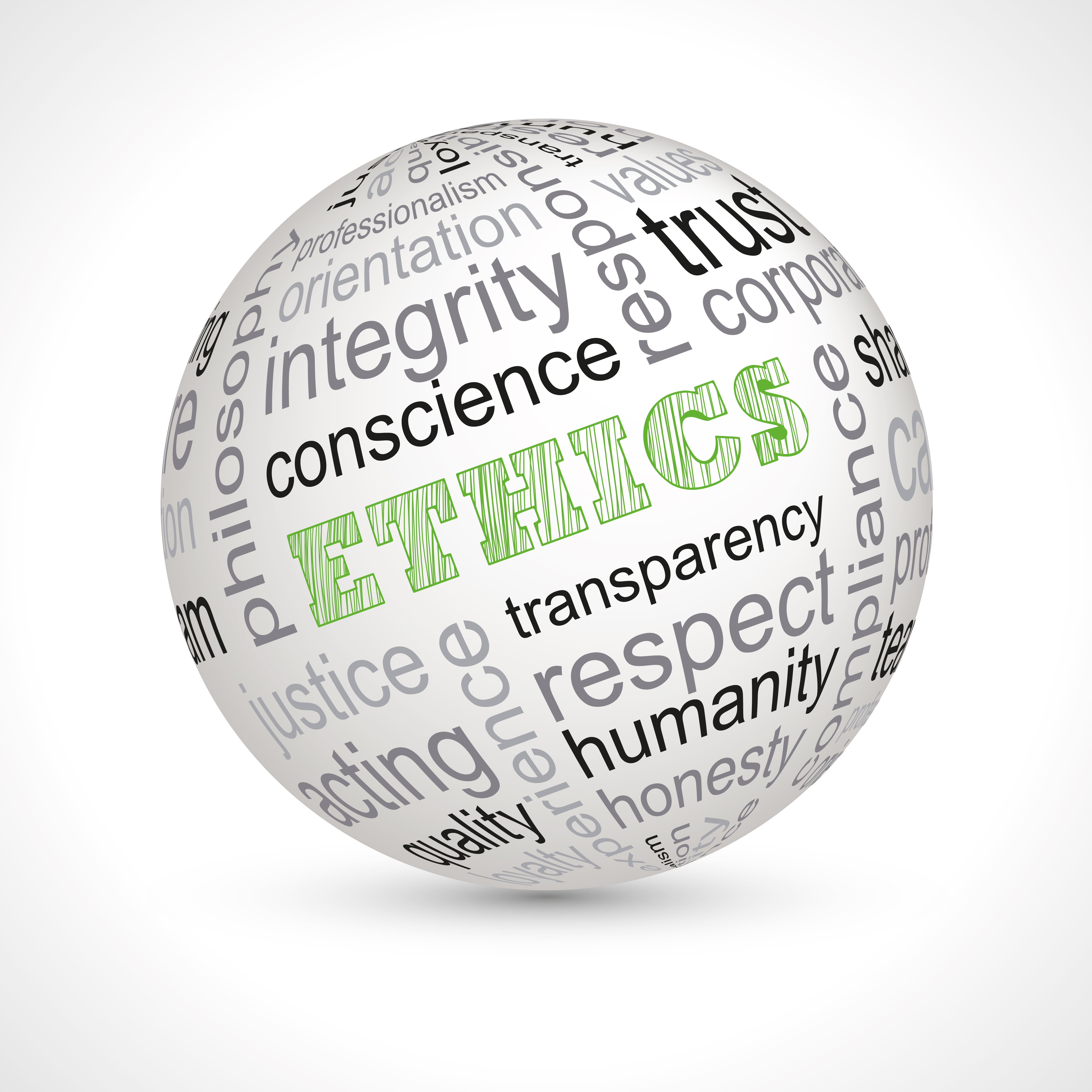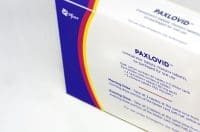Reconciling trust, ethics, and caring.
Takeaways:
- For 17 consecutive years, nurses have received the highest rating in the Gallup honesty and ethics survey.
- Individual nurse behavior can influence the public’s opinion of nursing.
- Trust-based nurse-patient relationships are implicit in quality and safe patient care.
FOR 17 YEARS in a row, nurses have received the highest public rating in the Gallup survey on honesty and ethics. The public’s trust in us is a source of professional pride.
A closer look at the 2018 report shows that of the 1,025 adult respondents, 28% rated nurses “very high,” 56% “high,” and 15% “average.” Nurses received a “low” rating from 2% of respondents. This 2% is a splinter of a thorn in our laurel, but it warrants reflection and consideration from a quality improvement perspective. No matter how small, a negative rating, when examined in the right context, will keep us in check, lest we become too cheeky. Here we examine the concept of trust as a social construct, a nursing asset, and as ballast to keep the nurse and the patient steady when treading shaky healthcare ground.
Is it about trust and ethics or is it about caring?
The Gallup poll is intended to appraise public opinion of honesty and ethical standards in a variety of professions. However, how these key terms are defined or whether respondents understand them is unclear. A 1995 academic definition from Mayer, Davis, and Schoor – man describes trust as a person’s willingness to be vulnerable to another person’s actions based on the expectation that the other will perform a particular action important to the person who is trusting. We can discern from this definition that risk (or its elimination) is both the object and the subject of a trusting nurse-patient relationship. Patients rely on nurses to act in their best interests.
What is the respondent thinking when asked: “Please tell me how you would rate the honesty and ethical standards of people in these different fields (very high, high, average, low, or very low).” Is the respondent thinking about the time a nurse expertly gave an honest explanation of neutropenic precautions while setting the pump accurately to deliver chemotherapy? Or was the respondent thinking of the time he or she saw a nurse shopping online at the nurses’ station while a chorus of call bells were buzzing unanswered? A study by Hall and colleagues about trust in physicians noted that when patients reported a loss of trust, they typically were referring to trust at a broader system level, rather than trust in a specific physician they knew. By extrapolation, we can assume that when the public rates nurses as trustworthy and ethical, they’re not thinking of a specific nurse but expressing a global trust in nursing values. The nurse shopping online at work can relax. Or maybe not.
Although patients may not be thinking of a specific nurse when they put their trust in us as a profession, individual nurse behavior can influence the public’s opinion of nursing. When a patient observes unprofessional behavior in nurses or receives substandard care, his or her trust and confidence in the nursing profession is tainted. A competent nurse elevates the public profile of nursing, while an uncaring nurse dishonors us all in the public’s mind. The Gallup poll doubles as a proxy measure of nurses’ caring practices. A caring nurse is likely to be perceived as trustworthy and ethical. But can someone who’s dishonest also be caring? This Jekyll and Hyde duality in caregivers reflects a system that can both cure and harm. Are dishonesty and caring mutually exclusive?
The public trusts us; should the patient trust you?
Consider these examples: A nursing student involved in academic dishonesty is regarded by the patient as caring. A nurse who pockets a patient’s pain medication for personal use goes above and beyond to accommodate another patient’s family request to stay overnight. What accounts for this cognitive dissonance? Is it morally right to deceive a patient? How can the student and the nurse in these examples reconcile these diametrically opposed values? We’ll leave the exploration of these ethical dilemmas to the expert ethicist, but one thing is certain: The most difficult person to lie to is the self because the self always knows the truth. In short, we have to be honest because our patients trust us.
Virtues are complex, intricately linked, and at times confusing. The American Nurses Association Code of Ethics for Nurses with Interpretive Statements reminds us that authentic expression of one’s own moral point of view is a duty to self. The trust patients put in us is the impetus for us to strive for integrity and wholeness of character. Being caring without being trustworthy is possible, but the care is provided in bad faith. To be worthy of the patient’s trust, we must reconcile our work ethic with our ethics.
Trust as an asset
Trust is considered one of nursing’s intangible assets with the potential to positively influence healthcare outcomes. When a nurse is deemed trustworthy, the patient also will trust the system. Patients are more likely to recommend a provider or a service line when they have faith in the care they receive. Trust indirectly influences profitability, and for better or worse, healthcare is an economic enterprise. When a healthcare institution is billed as “the most trusted,” it has the profit margin to prove it.
But, of course, feelings are just as important as figures. The sense of security patients feel that nurses are working for their welfare makes nurses the underestimated guardians of the public trust. In turn, trust allows nurses to form meaningful relationships with patients. By intuition or cultivation, we can capitalize on trust as an asset. To illustrate this point: I (Salinas) recently was assigned to care for a non-English–speaking woman of Muslim faith. In our initial encounter, a certain hesitation occurred between us. My sense that she would rather be attended by a female staff member was soon confirmed by a medical interpreter. To trust one’s instincts (and act upon them) illustrates personal knowledge as one of the fundamental patterns of knowing in nursing, according to Carper. Trust enables us to be respectful of the patient’s preferences, and fidelity allows us to see healthcare scenarios through the patient’s eyes.
Trust-building as a competency
Trust-building is an implied nursing competency. Trust-based nurse-patient relationships are implicit in quality and safe patient care. Whether through reflection, self-debriefing, empirics, esthetics, or the purposeful study of ethics, nurses are expected to become inveterate lifelong learners of the art of trust-building.
Fidelindo A. Lim is a clinical associate professor at New York University Rory Meyers College of Nursing in New York City. Alexander Salinas is a critical care staff nurse at Mount Sinai Hospital in New York City.
Selected references
American Nurses Association. Code of Ethics for Nurses with Interpretive Statements. 2015. nursingworld.org/coe-view-only
Brenan M. Nurses again outpace other professions for honesty, ethics. Gallup. December 20, 2018. news.gallup.com/poll/245597/nursesagain-outpaceprofessions-honesty-ethics.aspx
Carper BA. Fundamental patterns of knowing in nursing. Adv Nurs Sci. 1978;1(1):13-24.
Gallup. Americans’ ratings of the honesty and ethical standards of professions, 2018 (trends). news.gallup.com/poll/245612/americans-ratings-honesty-ethical-standards-professions-2018-trends.aspx
Hall MA, Camacho F, Dugan E, Balkrishnan R. Trust in the medical profession: Conceptual and measurement issues. Health Serv Res. 2002; 37(5):1419-39.
Mayer RC, Davis JH, Schoorman FD. An integrative model of organization trust. Acad Manage Review. 1995;20(3):709-34.
Rutherford MM. The value of trust to nursing. Nurs Econ. 2014;32(6): 283-8, 327, 289.


















